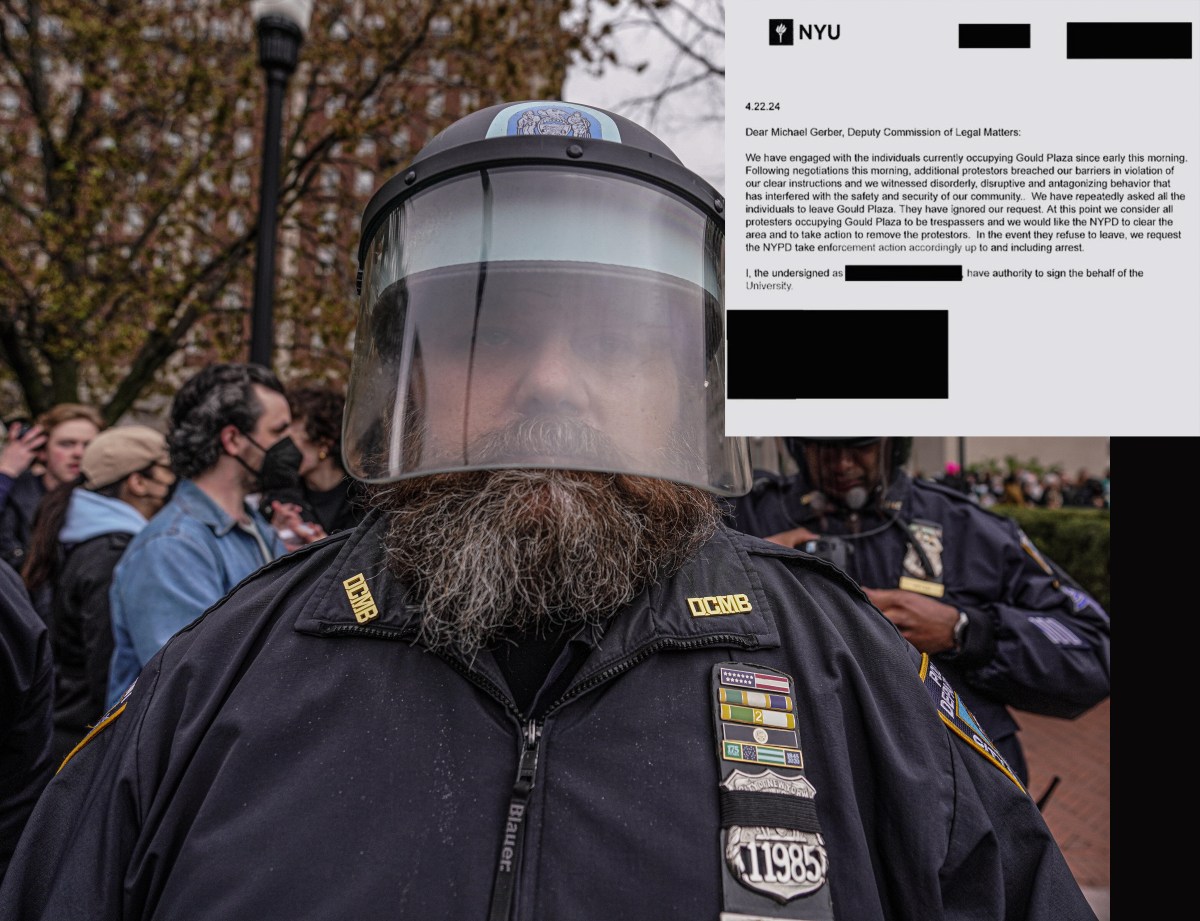By Joseph Sipalan and Rozanna Latiff
KUALA LUMPUR (Reuters) – Former Malaysian Prime Minister Najib Razak was arrested on Tuesday in a stunning fall from grace, less than two months after losing an election, amid allegations of massive corruption and misappropriation at a state fund he founded.
Najib was arrested as part of the new Malaysian government’s probe into 1Malaysia Development Berhad (1MDB). He is due to be charged in court on Wednesday morning.
After leading the country for nearly a decade, it was a swift fall for Najib, the son of Malaysia’s second prime minister, following an unexpected election defeat in May to 92-year-old Mahathir Mohamad.
Anti-graft agents picked up Najib from his home after serving him with a remand order, sources close to the family said. Najib has consistently denied wrongdoing.
In a pre-recorded message posted on Twitter after his arrest, Najib said not all the accusations against him and his family were true.
“Let investigations be carried out. I have not had a chance to defend myself,” Najib said.
Since his loss at the polls to mentor-turned-foe Mahathir, Najib has been barred from leaving the country and had millions of dollars of items seized from properties linked to his family.
Mahathir said in an interview with Reuters last month that embezzlement and bribery with government money were among the charges that Malaysia was looking to bring against Najib, 64, adding that Najib was fully responsible for the 1MDB scandal.
Najib’s arrest was in relation SRC International, a former 1MDB unit, a task force investigating the fund said. And sources close to the matter said he may face several charges.
A spokesman for Najib said the SRC charges and the 1MDB investigations against the former leader were “politically motivated”, and that Najib will contest these charges and clear his name in court.
The scandal around 1MDB plagued Najib’s second term in office, eventually leading to the ousting of a coalition that had ruled Malaysia since its independence from Britain in 1957.
Three years ago to the day, the Wall Street Journal reported that Malaysian investigators traced nearly $700 million of 1MDB money into Najib’s personal bank account. Najib has said the funds were a donation from a Saudi royal.
FOLLOW THE MONEY
Najib came to power in 2009 and soon after founded 1MDB which is being investigated in at least six countries for alleged money laundering.
Civil lawsuits filed by the U.S. Department of Justice allege that nearly $4.5 billion from 1MDB was laundered through a complex web of transactions and shell companies.
The Malaysian government under Najib was accused of blocking probes into 1MDB and not cooperating with foreign agencies investigating the fund, but local probes have been reopened since Mahathir came to power.
The initial focus of the Malaysian investigation has focused on how 42 million ringgit ($10.6 million) went from SRC International into Najib’s account.
SRC was created in 2011 by Najib’s government to pursue overseas investments in energy resources, and was a unit of 1MDB until it was moved to the finance ministry in 2012.
Investigators have been able to track the money trail from SRC more easily because transactions were made through Malaysian entities, whereas most other transfers of 1MDB funds went through foreign banks and companies.
Najib’s wife, Rosmah, and his stepson, Riza Aziz, have also been quizzed by anti-graft investigators in relation to 1MDB.
Riza is the co-founder of Red Granite Pictures, a company that U.S. prosecutors say financed three Hollywood films, including the 2013 Martin Scorsese movie “The Wolf of Wall Street”, with funds misappropriated by 1MDB.
Malaysian police say they have seized nearly $275 million worth of jewelery, handbags, watches and cash from premises linked to Najib, while authorities have frozen more than 400 bank accounts as part of the 1MDB probe.
(Reporting by Joseph Sipalan, Rozanna Latiff and Emily Chow; Writing by John Geddie and A. Ananthalakshmi; Editing by Nick Macfie and Peter Graff)


















